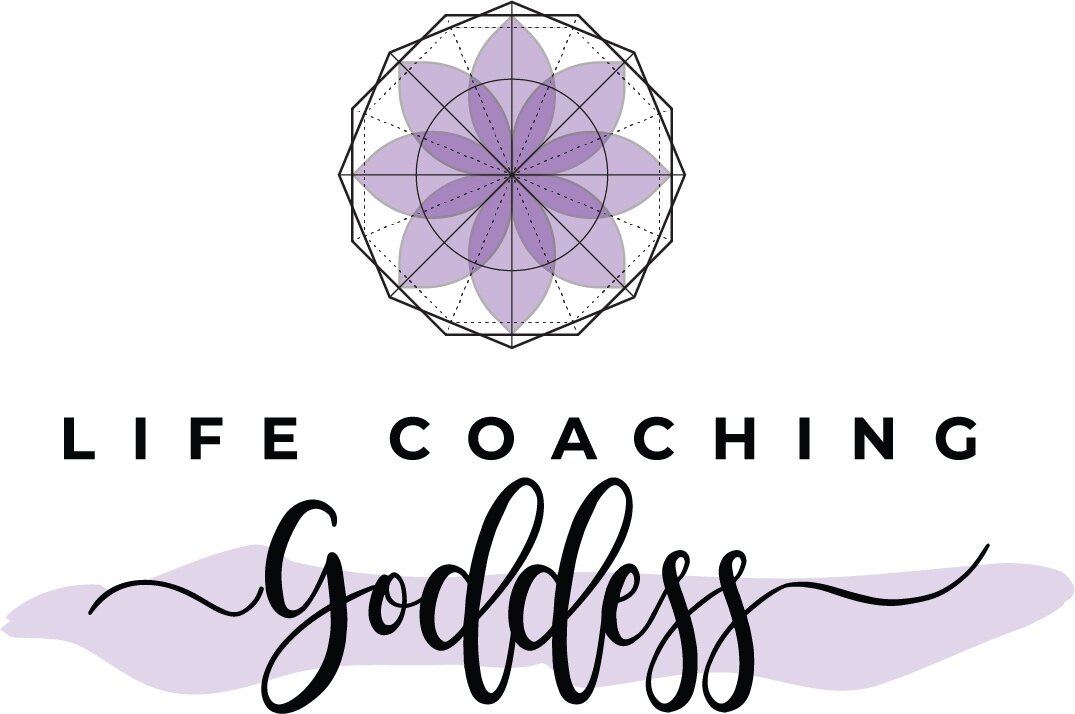How To Heal CPTSD After Abuse & Childhood Trauma
If you suffer from emotional flashbacks that induce fear and anxiety, then you may very well be suffering from some traumatic imprints that are embedded in your mind and body.
“If you have an experience that you keep reliving from the past or feel that you have the experience of being ‘triggered,’ that might be a sign that you have trauma that needs to be addressed,” says Blessing Uchendu, a body-centered psychotherapist based in NYC who uses EMDR, Hypnotherapy, and Somatic Experiencing to educate and treat clients with trauma. (Source: Psychology Today)
Multiple traumas can induce even more fear and anxiety, and triggers can be happening on a daily basis. This could mean quality of life suffers, and ultimately depression comes along with this type of trauma.
Now, I did not always know everything about this. I come now with not only book knowledge, but actual lived experience. Complex-PTSD can be an all consuming, life debilitating condition that is confusing. I was diagnosed with this in 2017, and put on some anti-anxiety medication to cope. While the meds helped with my flashbacks “in the moment,” the meds didn’t cure the root problem, or multiple causes.
I was simply putting a band-aid on the problem, but underneath was continuing to bleed out. At times my CPTSD would make me go days without sleep, and feel extremely uncomfortable sensations in my body that made me want to crawl out of my skin.
Why, you may ask, was I suffering with this condition? To put it simply, a lifetime of abuse, and a deep feeling of unsafeness.
Once I left the abusive relationship, my body and mind believed it was still happening. My normal was always living in a hyper-vigilant state, uncertain when the next blow up or dramatic event would take place. I lived a life tiptoeing on eggshells, afraid of which next step would require me to protect myself.
When subjected to trauma, your brain sends signals that keep you in a state of heightened alertness. This leads to increased levels of stress hormones, particularly cortisol, which perpetuates the feeling of being on edge. Even if you logically understand that you are safe, your body continues to send signals indicating otherwise. It's a battle between your brain and your rational thoughts, and this internal struggle can be overwhelming. For me, it had become my familiar state of being.
One of the reasons it is so difficult to talk yourself out of this state is because the rational part of your brain, responsible for logical thinking and self-regulation, essentially goes offline. During times of traumatic stress, the amygdala, the brain's fear center, takes control, limiting access to the frontal lobe. The frontal lobe, involved in executive functioning, helps us stay present and interact with the world meaningfully. When it is compromised, our focus narrows solely on survival and safety, making it challenging to engage fully with our surroundings.
By recognizing that our bodies are wired to prioritize survival in such situations, we can offer ourselves compassion and understanding. Remember, it is not a matter of mere willpower or rational thinking to overcome the effects of CPTSD. Healing requires a comprehensive approach that addresses both the psychological and physiological aspects of trauma.
You can reclaim your life, and heal your mind and your body. I am living proof that this is available to you, and anyone that is willing to begin the process. I wish I could say that it was quick, and painless but that would be just so far from the truth. It was difficult, and at times I wanted to give up and just numb myself to hide from the agony. There is no one method or therapy that works all by itself. I needed multiple types of therapy, and I also needed a lot of handholding along the way.
As you embark on your healing journey, remember that recovery takes time, patience, and self-care. Seek professional help from therapists experienced in trauma and CPTSD, as they can provide valuable guidance tailored to your specific needs. RTT Hypnotherapy, EMDR, CBT, DBT, somatic work, energy healing, traditional counseling, are just some of the ones that I used personally. Additionally, explore coping strategies such as mindfulness exercises, grounding techniques, and engaging in activities that promote self-care and relaxation. Building a support network of understanding friends, family, or support groups can also provide a safe space to share your experiences and gain validation.
Healing from CPTSD after experiencing narcissistic abuse and childhood trauma is a challenging process. By embracing self-compassion, seeking professional support, and engaging in self-care practices, you can gradually rebuild and reclaim your life. Remember, you are not alone, and with time and persistence, healing is possible.


